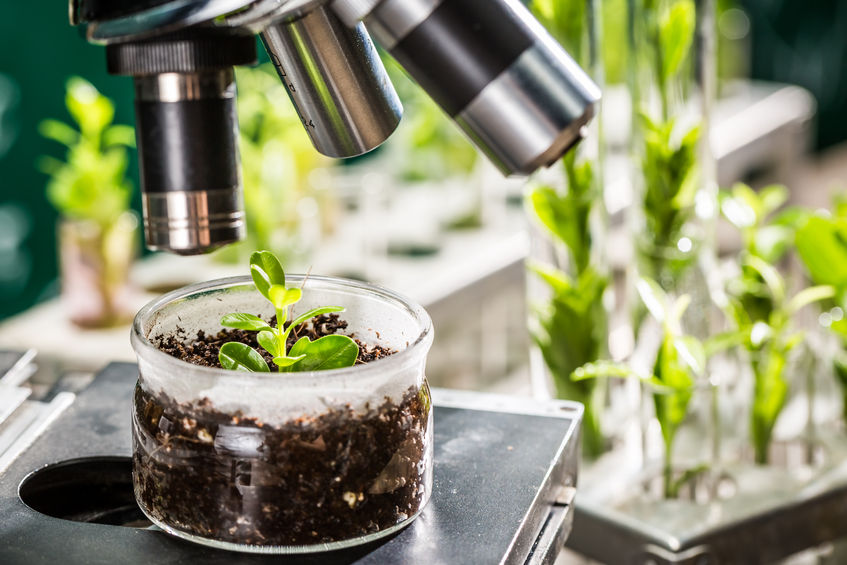
New legislation will be put into place to help cut gene-editing red tape in a bid to encourage farmers to grow more climate-resilient crops.
The post-Brexit rule changes means that scientists in England will be able to undertake research and development using genetic technologies such as gene editing.
The rules, seen as a major departure from EU policy, will apply to plants where gene editing is used to create new varieties similar to those which could have been produced more slowly through traditional breeding processes.
Announcing the legislation on Thursday, Defra said the move would unlock research opportunities to grow crops which "are more nutritious and which require less pesticide use."
It said harnessing genetic technologies would help support the development of new ways to protect the environment, such as significantly reducing, or eliminating the use of pesticides.
Another potential benefit includes making crops more resistant to adverse weather and climate change, Defra explained.
Minister for Agri-Innovation, Jo Churchill said: "New genetic technologies could help us tackle some of the biggest challenges of our age – around food security, climate change and biodiversity loss.
"Now we have the freedom and opportunity to foster innovation, to improve the environment and help us grow plants that are stronger and more resilient to climate change.
"I am grateful to the farming and environmental groups that have helped us shape our approach, and I look forward to seeing what we can achieve."
Defra said that all scientists undertaking research with genetic technologies would have to continue to notify the government of any research trials.
Defra added that, for now, gene edited plants would still be classified as genetically modified organisms and commercial cultivation of these plants, and any food products derived from them, would still need to be authorised in accordance with existing rules.
The legislation follows the launch of the government’s response to the gene editing consultation last year.
Welcoming the new legislation, Professor Dale Sanders, director of the John Innes Centre, said scientists would now be able to develop crops which are more nutritious and resilient.
"Gene editing is a powerful technique that will play a critical role in helping us address the global challenges of climate change and food security while at the same time ensuring biodiversity.
"Defra’s announcement is a step in the right direction, that will allow researchers to run more field trials of gene-edited crops. I am therefore pleased to see the government acting to bring these changes in."
